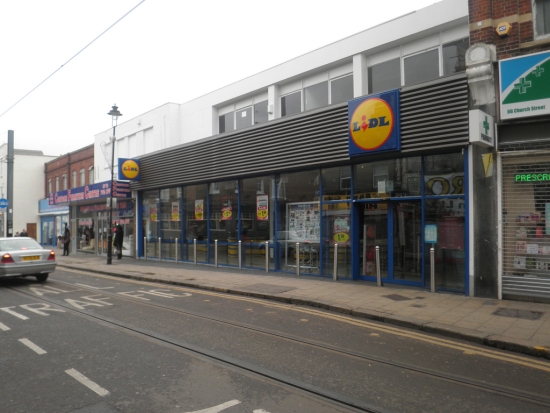The recession may have officially ended several months ago, yet the financial pressure upon UK households still continues to have an impact on consumer spending habits.

A new trend, for consumers to actively pursue budget-friendly purchases wherever possible, has seen chains such as Lidl and Aldi flourish while more traditional leaders of the supermarket sector such as Tesco and Asda lose market share to their cheaper rivals.
In fact, according to Lidl owners the Schwarz Group, the German supermarket chain has seen like for like sales increase by 18 per cent over the past 12 months. This is in direct contrast to sector leader Tesco, which reported a profits fall for the first half of the financial year as a result of a steep plunge in like for like sales.
Due to Lidl’s strong sales, the discount chain is now examining its options with regards to a large scale UK expansion to further capitalise on the alteration in consumer spending habits.
At present, the brand owns and operates 600 stores nationwide but, as managing director of the UK arm Ronny Gottschlich revealed to the BBC this week, this could climb to as many as 1,500 over the coming years.
Lidl has faced struggles in the past as consumers often took a negative view of stores seen to be “heavy discounters”. However, as the need to save on the weekly shop became more urgent due to rising inflation and pay freezes, stores in this category saw a boom in popularity which has continued to the present day.
Mr Gottschlich says; “I actually do think we are entering a new era.
“It is obviously different in every country how long it could take for customers’ behaviours to start changing.
“I think that people’s perception in the past, and this is something that is definitely changing, is there must be something wrong with the quality of what those people at Lidl offer because they have such reasonable pricing in their stores.”
While many other supermarkets are choosing to reduce their store portfolios due to a growing consumer preference for initiatives such as online ordering, home delivery and click and collect, Lidl is bucking this trend by steadily taking-up more commercial properties in order to provide local stores for its customers. Currently, the retailer intends to open at least 30 new stores per year throughout the UK.
Mr Gottschlich believes this level of expansion is only possible due to the fact that consumers now actively pursue value for money rather than viewing chains offering low prices with distaste.
He concludes; “We really see ourselves these days more of a supermarket than the hard discounter of the past.
“Those Maidstone Mums are no longer afraid of being seen in a Lidl store.”
Do you think recent Christmas taste tests, in which discount stores such as Lidl and predominantly Aldi beat off competition from brands such as Tesco, Waitrose and even Fortnum & Mason, have contributed to the change in consumer perceptions cited by Mr Gottschlich?
Previous Post
High Streets need Radical Action to Survive says Report